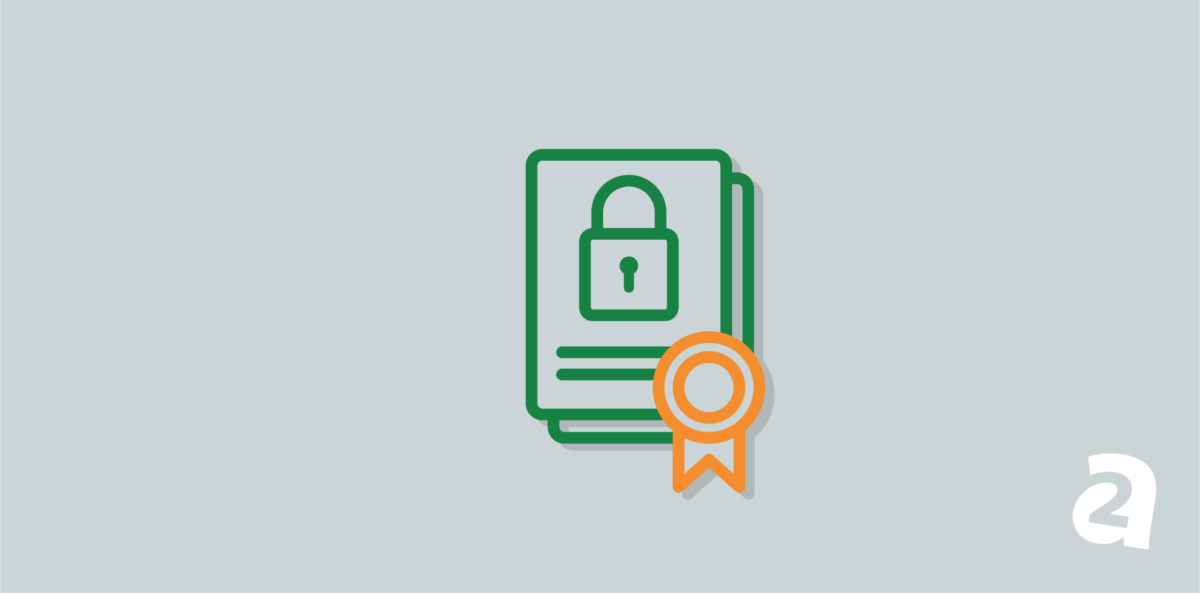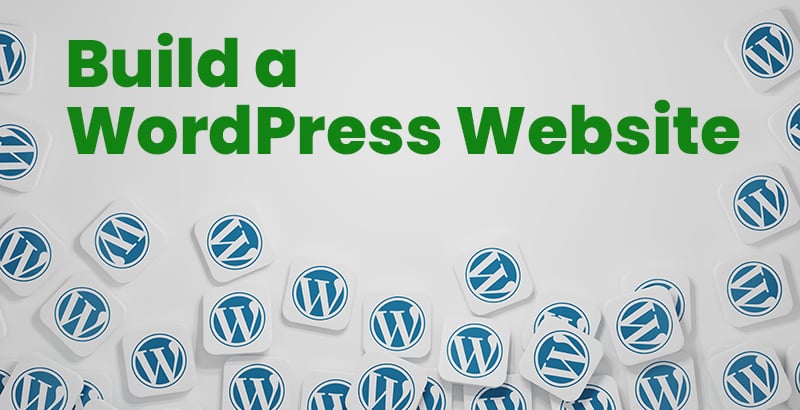- Apr 25, 2019
 0
0- by A2 Marketing Team
As your website grows, you may start to realize that your existing hosting plan no longer meets your needs. An outdated plan can cause numerous issues, especially when it comes to security, so it’s important to find a suitable alternative.
Virtual Private Server (VPS) hosting and dedicated hosting are generally considered to be ‘step-ups’ from shared hosting, as they offer greater features and expanded capabilities. However, while both are viable options, you’ll need to carefully assess their pros and cons in order to find the right option for your site.
In this post, we’ll discuss these two types of hosting, and compare some of their defining features. We’ll then offer advice on how to pick the plan that best suits your needs. Let’s get to it!
Why It Might Be Time to Upgrade Your Hosting Plan
It’s fair to say that most website owners start out on shared hosting plans. With this kind of plan, numerous sites are hosted on the same server. Although this typically isn’t a problem for smaller sites, you may run into some issues as your website begins to expand.
This is because sharing a server also means sharing resources. If one website is using up a lot of the server’s available bandwidth, the other sites on the server will have fewer resources to work with. This lack of space can result in slower speeds, and even compromised security.
Fortunately, it should be fairly obvious when your current hosting plan no longer fits your needs. To start with, you’re likely to experience slow loading speeds or extended downtime – especially during periods of high traffic. You may also find that you require a greater level of resources to keep things running smoothly.
If this sounds all too familiar, an upgrade may be in order. While there are numerous alternatives out there, the natural progression for most sites is a switch to a dedicated or VPS hosting plan. Let’s talk more about how both of those work.
An Overview of VPS Hosting
Let’s begin with Virtual Private Server (VPS) hosting. This kind of plan still involves hosting several websites on the same physical server. However, you don’t need to share any resources, as your site is virtually partitioned off from all the others.
In other words, you’ll essentially have your own virtual server. That means you won’t be affected by many of the problems shared hosting can cause. A VPS server comes with its own disc space, operating system, CPU, RAM, and bandwidth. This gives you far greater control over the hosting environment.
Plus, depending on your hosting provider, VPS plans often come at a very reasonable price when you consider the sheer range of additional features on offer. Pricing will also vary based on whether you want a managed or unmanaged plan. The former takes various key tasks off your plate, while the latter comes at a much lower price point.
The Differences Between VPS and Dedicated Hosting
Dedicated hosting is often considered to be the complete opposite of shared hosting. Rather than sharing resources with other users, you have a physical server that is entirely reserved for your website. This server can then be configured to meet your unique requirements.
A completely private server also means that you have a great deal of extra resources to work with. Handling high levels of site traffic should no longer be an issue, and security is less of a concern (since you’re working with a closed system).
Full access to your server also means that you have more complete control over the way it operates, and can make custom changes This makes it an excellent option for web developers, or those who have a preferred operating system they’d like to work with.
The additional server space is the most prominent difference between VPS and dedicated hosting. As we mentioned before, VPS hosting gives you a virtual server all to yourself, but the physical server is still shared. With dedicated hosting, your resources are entirely your own, avoiding any need for compromise.
However, a dedicated server is generally more expensive than any other type of hosting plan (especially if it’s managed). Although the increased cost can be justified, it’s important to make sure it’s a worthwhile investment before taking the plunge.
How to Decide Which Plan Suits You Best
Website growth is something to be celebrated. After all, it means you must be doing something right! However, you’ll need to maintain the standard of service that first attracted visitors to your site, no matter how large it becomes.
A mismatched hosting plan can lead to numerous site-wide issues – from slow loading speeds to increased levels of downtime. Deciding which plan you’ll use can be tricky, so it helps to lay out each option and compare them directly.
With that in mind, let’s quickly go over some of the main benefits of using a VPS hosting plan:
- Greater access to available resources, and a virtual server
- Your own disc space, operating system, CPU, RAM, and bandwidth
- The ability to make more complex changes to your site
- Potentially improved security – due to a more private space
These features make VPS hosting a solid option for sites that are just beginning to experience growth. This kind of plan will give you everything your site requires to handle moderate to high levels of traffic. However, it does come with a slightly steeper price tag than shared hosting. Therefore, you’ll need to consider whether your business will be able to afford the additional cost.
As for dedicated hosting, its main selling points include:
- Full access to all available resources
- A server that is entirely reserved for your website
- High levels of security – making it ideal for sites that process payments
- Complete control over the way your site operates
This makes dedicated hosting an ideal fit for well-established sites that receive very high levels of traffic each day. Of course, dedicated hosting is also one of the most expensive options out there. Before signing up, you’ll need to ensure that you actually need the resources a dedicated plan will provide. Overspending in this area can lead to under-investment in other key areas.
The most advanced plan isn’t always the best option – your decision should be based on the needs of your individual site. For booming sites that bring in a steady income, however, dedicated hosting can be an investment well worth making.
Conclusion
Your hosting plan will form the foundation for your website. Although it’s a solid option for many starter sites, it’s likely that you’ll eventually outgrow shared hosting. When that time comes, it’s important to have an upgrade option ready.
Your two main choices for a more robust plan are VPS and dedicated hosting. Put simply, VPS hosting plans are best suited to medium-sized websites that are beginning to experience significant growth. On the other hand, dedicated hosting is a strong fit for well-established businesses that require a great deal of resources, along with high levels of security.
Do you have any further questions about VPS or dedicated hosting? Let us know in the comments section below!
Image credit: James Wheeler.












